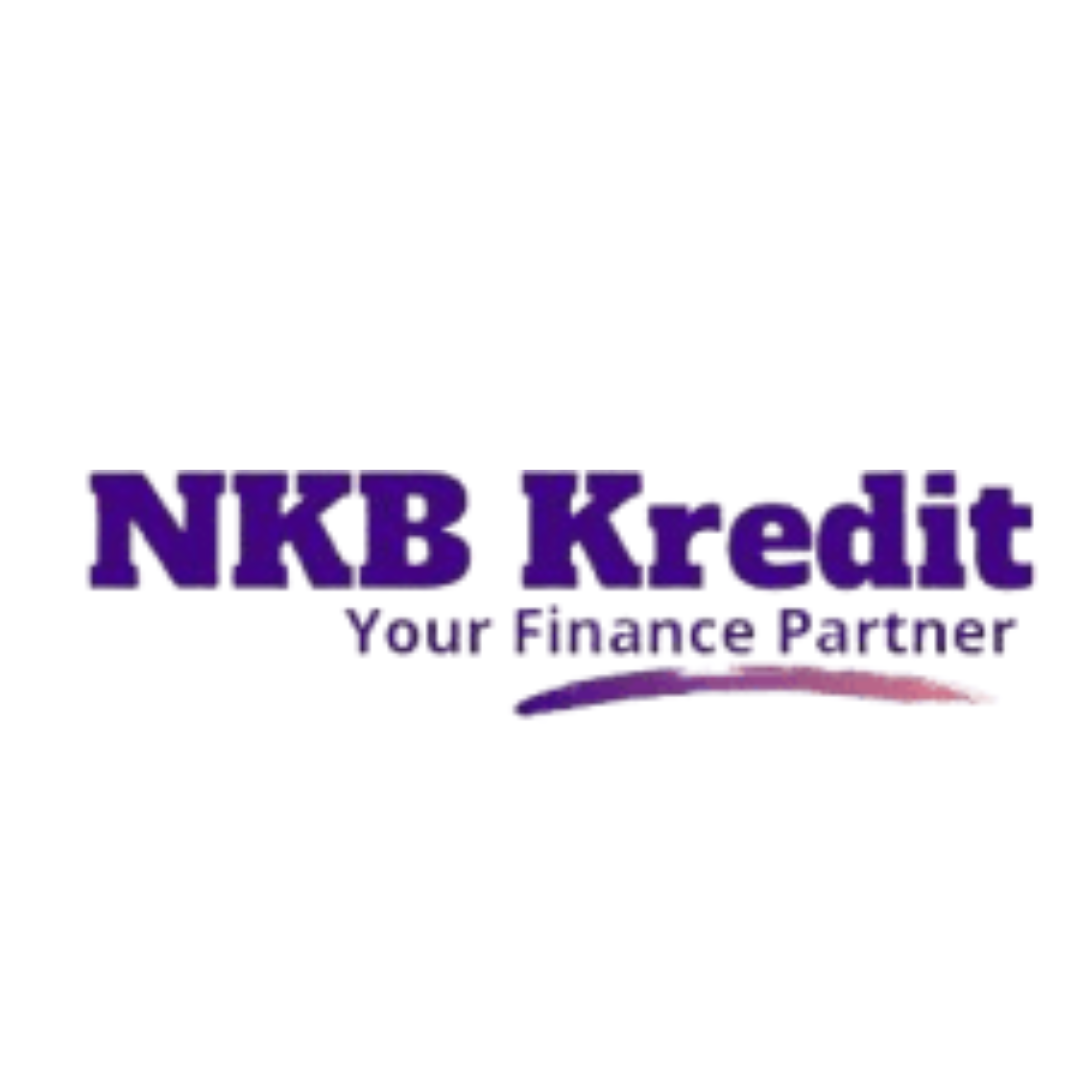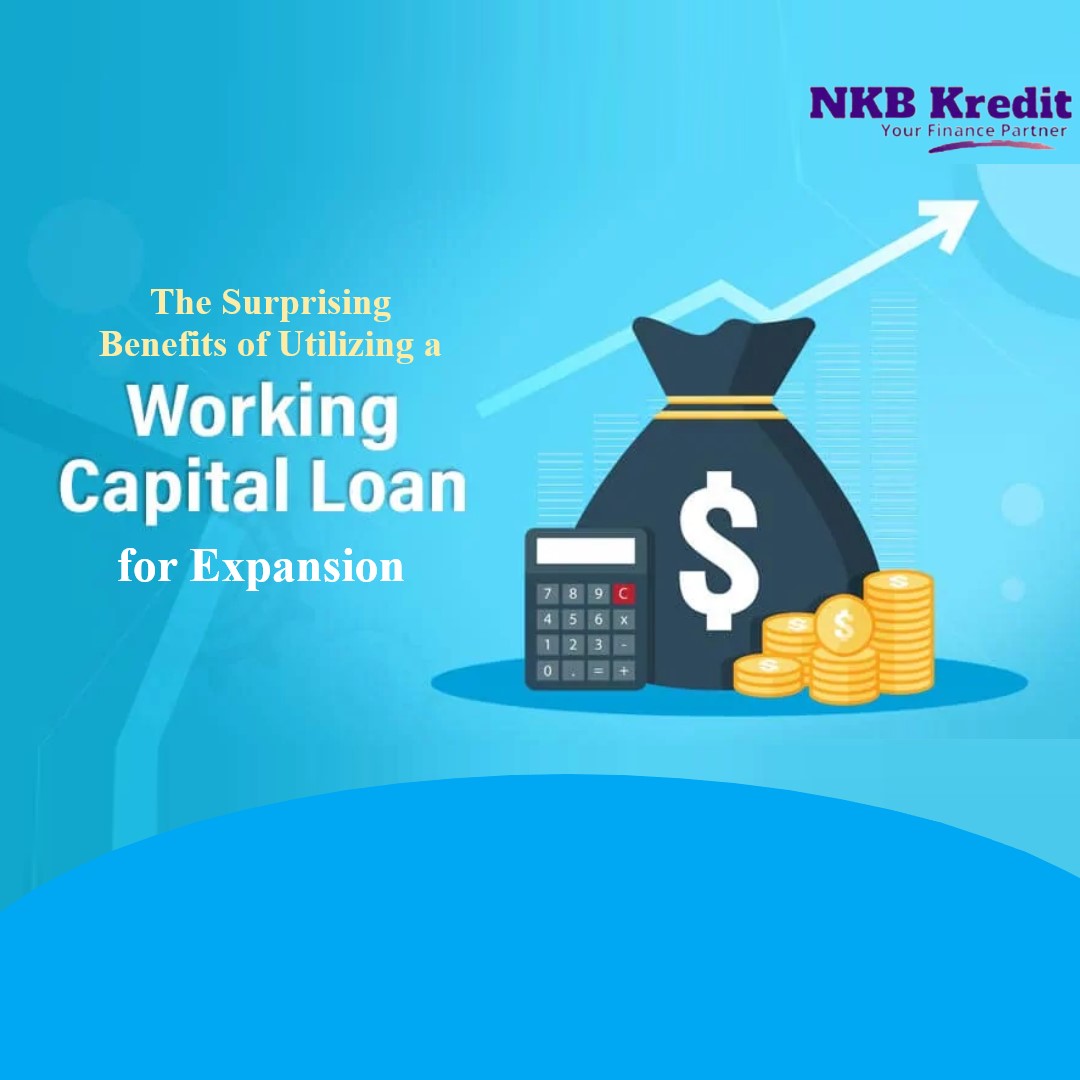Why Working Capital loan is so important:
- Working capital loan is a type of funding or credit that is given too many startups, enterprises or companies to run their day-to-day business. Working capital loans are short-term loans to meet immediate business needs and cannot be used to purchase long-term assets or for investment purposes.
- The banking sector in the country is quite capable of providing various types of loans to its customers for their various financial needs. Keeping their needs in mind, working capital loans are offered to meet the financial needs of companies, business owners, for MSMEs, for startups and self-employed professionals. So, in this blog we will discuss all the aspects related to working capital loan like the process, advantages, and disadvantages of working capital loan.
How do we know the Eligibility Criteria for Working Capital Loan?
- If you are running an MSMEs and want to apply for a working capital loan in India, you must represent a business that has been in activity for several years or your business must have a certain annual turnover (as determined by the bank Defined) or NBFC). However, these requirements depend on the type of business you own. Working capital loans are broadly offered to MSMEs, partnerships and private and public limited companies.
What type of documents Required for Working Capital Loan
- Documents required for Working Capital Loan – PAN Card, Passport size photo( recently clicked) , address and income proof, ITR and income information of last 3 years, CMA (Credit Monitoring Arrangement) report if business turnover is more than Rs 5 crore, Audit report of last 2 years, Partnership Agreement, Registration Certificate, Corporation Certificate, Name of all current directors on company letterhead, Memorandum of Association (MoA) and Articles of Association (AoA), loan statements from all banks in the last one year, etc.
How many types of working capital loans we can avail?
- There are many types of working capital loans available in the Indian market. Working capital management is for the day-to-day needs of an entrepreneur. Therefore, they are divided into different types so that one can avail it as per their needs. Here are 10 different types of working capital loans:
- Trade Credit: This is a type of loan, when the supplier of a business gives supplies to the business on the condition of buying now and paying later, it is called trade credit. In this, businesses take supplies and pay for them after some time.
- Cash Credit: These are the most important and most widely used types of working capital loans used by SMEs. This type of cash facility is provided by commercial banks. One of the biggest benefits of availing this loan is that this loan works like a credit card in that the borrower pays interest only on the amount utilized.
- Short Term Loan: Conversely, a short loan comes with a fixed interest rate and repayment period. This is not a line of credit, but a full loan. It is important to repay the loan along with interest on time. The period is determined by the bank or institution.
- Bank Overdraft: Bank overdraft is also called cash credit. This feature is taken advantage of by most businesses; the business is given a loan amount limit, within that limit the business can withdraw any amount.
- Factoring: These loans are similar to accounts receivable. Under this also, the business or company takes a loan by mortgaging the bill payment receipt with the bank, and at the stipulated time, the buyer pays the bill receipt to the bank instead of the business. However, the basic difference between the two is that in factoring, the buyer is responsible for non-payment of the loan, whereas in accounts receivable financing, the business or company is responsible for non-payment of the loan.
- Bill Discounting: The most common task of any business is to generate bills. This bill is a proof that the business/company has sold its goods or services to the buyer and on the basis of this they take money from the buyer. Banks give loan to the business/company on the basis of this bill, but the loan amount is less than the bill receipt amount, at the stipulated time the bank collects the payment of the bill from the buyer. If there is a delay in loan payment, as per the terms, the business or buyer pays interest to the bank on this delay.
- Bank Guarantee: Under this, the bank gives a guarantee to a third party on behalf of the business/company that if the business/company is unable to pay for the purchased goods or repay the loan taken on time, then the bank will make the payment. The bank pledges some of the property of the business/company to guarantee that if the business/company does not make the payment, the bank can make the payment by selling the property. Let us tell you that the guarantee given by the bank is less than the value of the mortgaged property.
- Equity Finance: This type of working capital loan is usually taken against the home from investors, friends and family. This is a good option for businesses that have just started. Additionally, it may be the most realistic solution for paying bills and raising capital initially, since the new company does not have a credit record on which to base other loans.
What is the major benefit of Working Capital Loan?
- Short Term Loan: Working capital loan has a tenure between 9-12 months and is a relatively short term loan. Due to the short repayment period of the loan, the borrower will not have to pay much interest. Working capital loans are offered as short term loans for new businesses.
- Financial Difficulties: Even if your business is flourishing and has lots of fixed assets, it cannot be said that a financial crisis cannot occur. In such a situation, there can be no better option than a working capital loan, so that you do not have to stop important business activities due to financial difficulties and you are able to fulfill your responsibilities on time.
- No guarantee required: Unlike most other unsecured business (or even personal) loans, availing a working capital loan from a bank or non-banking financial company (NBFC) does not require any guarantee or collateral. Not there. If you have a good credit history, you may be eligible for an unsecured working capital loan.
- Helps in tough times: If you are running a business that makes huge profits only in a particular period of the year and may suffer losses the rest of the time, then you should go for a working capital loan. In such difficult times, this loan can provide you enough money to run your business.
- Spend at your discretion: The biggest feature of a working capital loan is that there is no limit on its spending. By taking this loan, it can be used for any type of expenditure of your business.
When working capital is consider negative?
When a business has working capital it means that its current liabilities are higher, than its income and assets. Negative working capital usually happens temporarily when a business makes purchases like investing in stock, new products or equipment.
How NKB Credits’ workingcapitalloan empowering businesses with Working Capital Loans?
- NKB Credits workingcapitalloan is a trusted partner, in the world of Working Capital Loans. They provide customized solutions to businesses looking to enhance their efficiency and fuel their growth. It’s worth mentioning that NKB Credits workingcapitalloan truly understands the requirements of businesses and has developed a user platform, accessible at https;//workingcapitalloan.co.in/ to simplify the application process, for Working Capital Loans.



